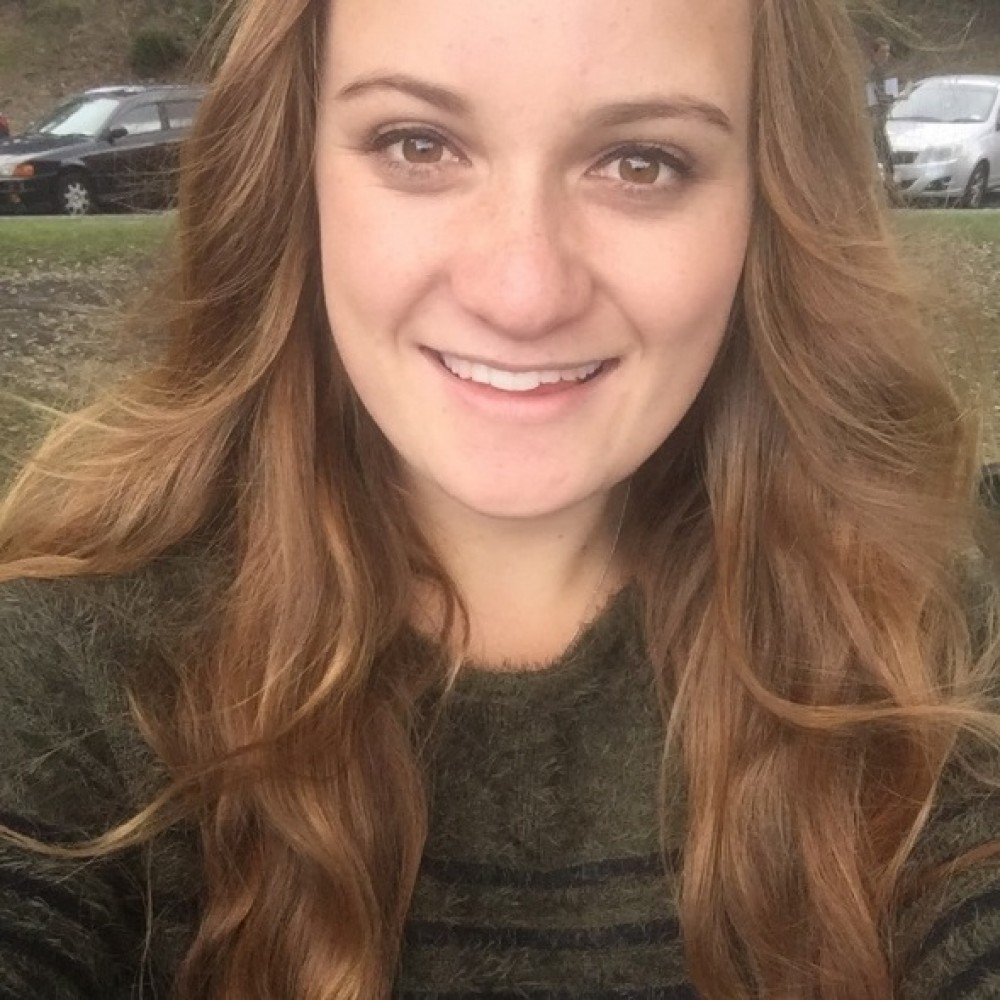“Completely out of the blue they started calling me fat,” Lyteah recalls. “It was hard because I hadn’t thought that about myself, ever. I went home and looked in the mirror and I suddenly didn’t know who I was. Everything changed, my mindset changed immediately and I just I stopped eating.”
Lyteah remembers losing a lot of weight over the next two years. It impacted on her relationships; she lost friends because she wouldn’t go anywhere where food was involved.

At home, Lyteah struggled communicating how she was feeling with her mum and dad. “I was scared, and didn't want them to worry,” she says. “It increased the tension and frustration within my family.”
One poignant moment is captured in a poem she wrote called, Inch-by-Inch. It describes a note her seven-year-old sister wrote her because she noticed things weren’t right:
One poignant moment is captured in a poem she wrote called, Inch-by-Inch. It describes a note her seven-year-old sister wrote her because she noticed things weren’t right:
“Lyteah, you’ve changed,
You don’t play anymore.
I miss you my sister...”
She wrote on my door.
Turning to others for support
Lyteah started seeing a counsellor at her high school.
“She would talk to the voice in my head that was telling me that I couldn’t eat, and that I wasn’t worth anything. I just sat in silence and didn’t say anything. I felt like I was wearing heavy boots. I was depressed and trying to find my way back to myself, every day.
“I realise now the time I’d spent in counselling made an extraordinary difference. My counsellor’s advice continues to be a source of inspiration to me.”
Lyteah also had the support of her best friend and her best friend’s mum. “They were always there for me. Mumma Lou is someone that I can turn to whenever I needed support. It's important to have people who care about you close by.”
Since high school Lyteah’s life path has taken her from her eating disorder and depression into some awful situations. She has been sexually assaulted and raped which lead to drinking, self-harm and a suicide attempt.
Amazingly, every step of the way, she has kept an open mind about her experiences, even when they have taken her to some very dark places.
Learning how to feel well
Most recently Lyteah’s psychologist introduced her to EMDR (eye movement desensitisation and reprocessing).
“It was hard and draining, but it worked,” she says. “The exercises clear my mind as well as give me a break from my overactive thoughts. I feel like I’ve found myself although it can be scary. I’ve had to be ready and willing to trust myself to make decisions about my wellbeing.”
She admits she has a lot of mental scars, and she doesn’t try and cover them up anymore, or pretend things are fine.
Her advice to others who might have concerns for family or friends is to ask the hard questions, to probe a bit deeper and to “extend your hand and let them know that you are there for them”.
Now studying nursing in the Waikato, she’s flatting with friends and feels well. “Words cannot express the eternal thanks I have for all those who have been there for me, they’ve been phenomenal. Nothing changes overnight, but if you are determined and you have that support, trust me, it will.”
